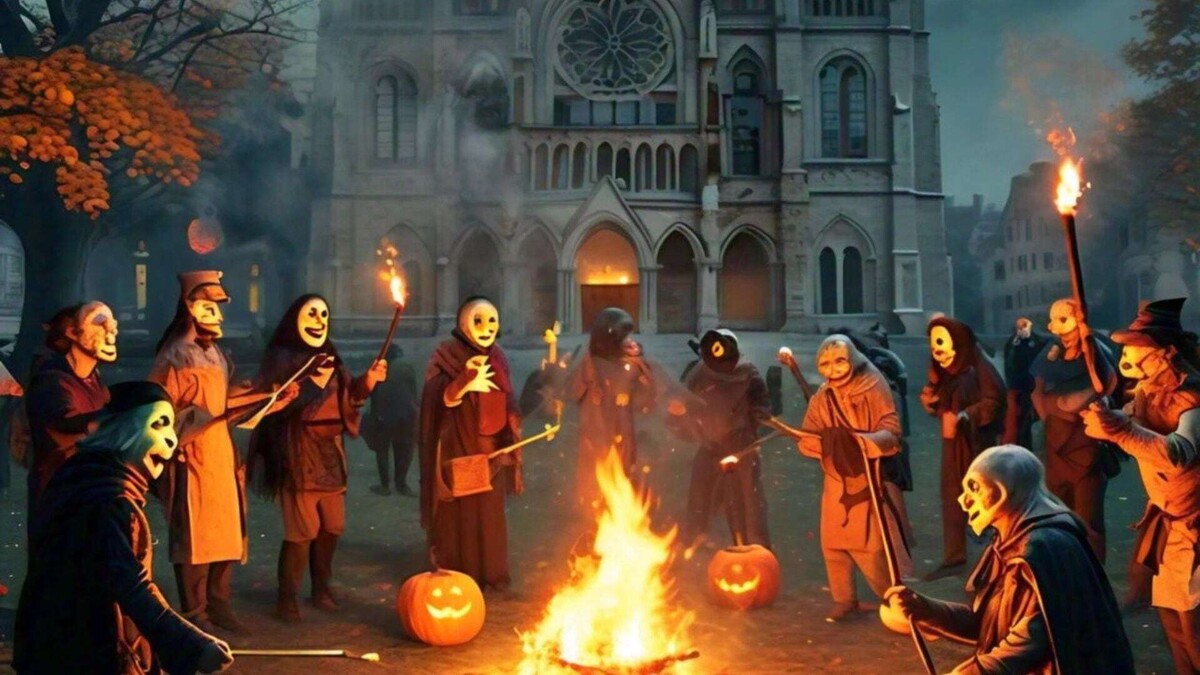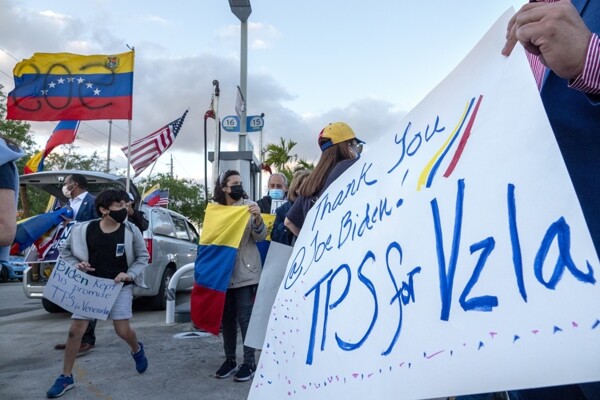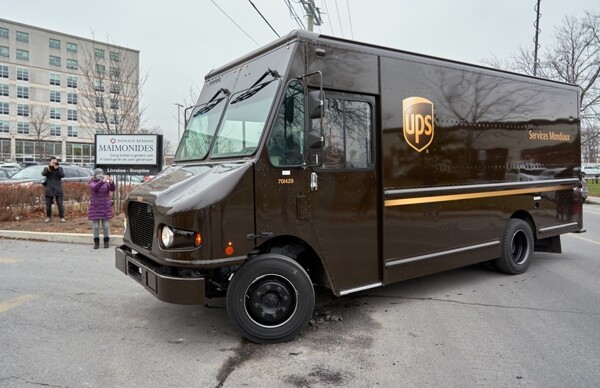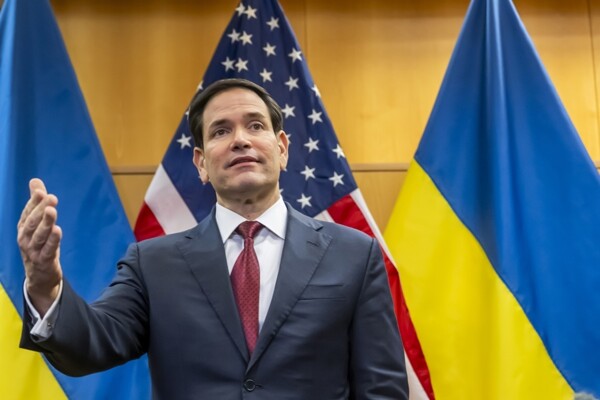
In the United States, Halloween has evolved over the years, becoming a celebration focused on fun. Starting in the late 19th century and early 20th century, Halloween festivities consolidated into community events, with parades and parties involving the entire community. In this transformation process, immigrant communities, particularly the Irish, played a key role in spreading Halloween. All Hallows' Eve transformed into the holiday we now know as Halloween.
During the Middle Ages, Halloween took on a more festive tone, popularizing costume traditions and focusing on elements of fear and the supernatural. Today, Halloween is one of the most popular holidays in the United States and many other countries, with common practices such as trick-or-treating, pumpkin decorating, and elaborate costumes. Over time, traditions have continued to evolve, incorporating elements of popular culture and entertainment.
The arrival of European settlers in the American continent brought various Halloween traditions, but it was in the 19th century that the celebration began to gain popularity in the United States. The Church, as it established itself in Europe, incorporated elements of pagan celebrations, leading to the popularization of Halloween in its modern form.
Halloween has its origins in Celtic festivals and pagan customs, particularly in Samhain, which marked the end of the harvest and the beginning of winter. During this time, it was believed that the spirits of the dead returned to the world of the living, blurring the boundaries between both realms. As a way to honor these spirits and protect themselves from them, people would light bonfires and make food offerings.
With the influence of Christianity, the Church sought to replace pagan practices by establishing All Saints' Day on November 1st, which eventually led to the creation of Halloween. In this adaptation process, the practice of 'soul cakes' emerged, where children went from house to house asking for cakes in exchange for prayers for the dead, a tradition that has been preserved over the years.














